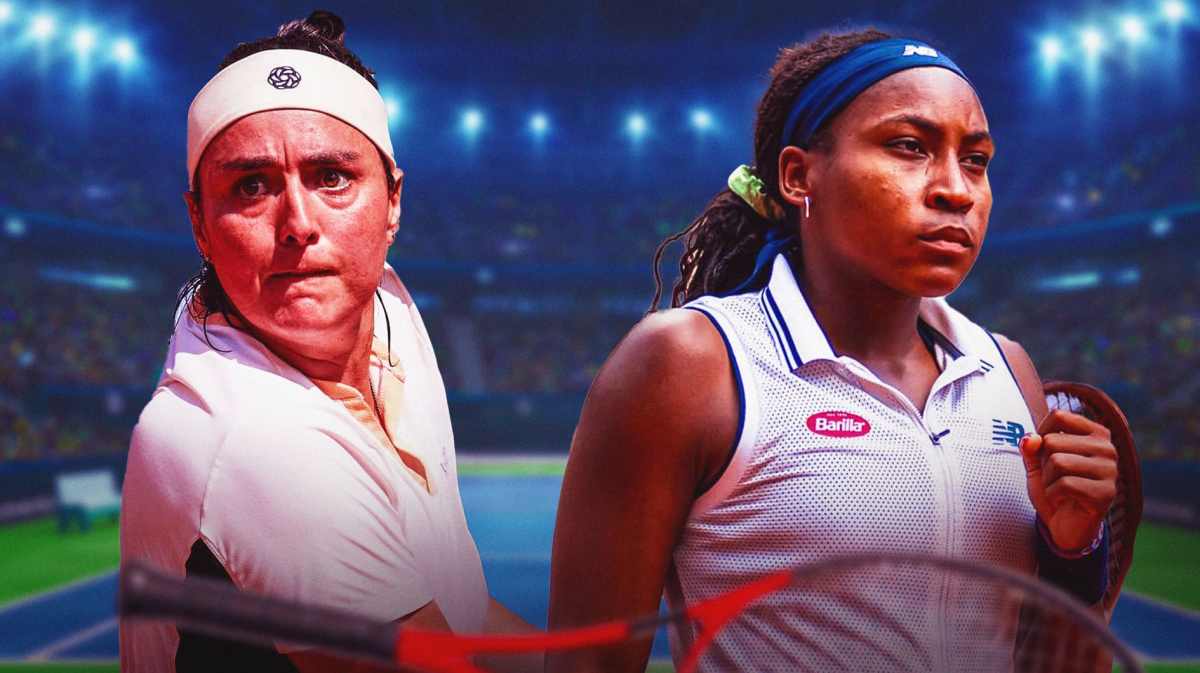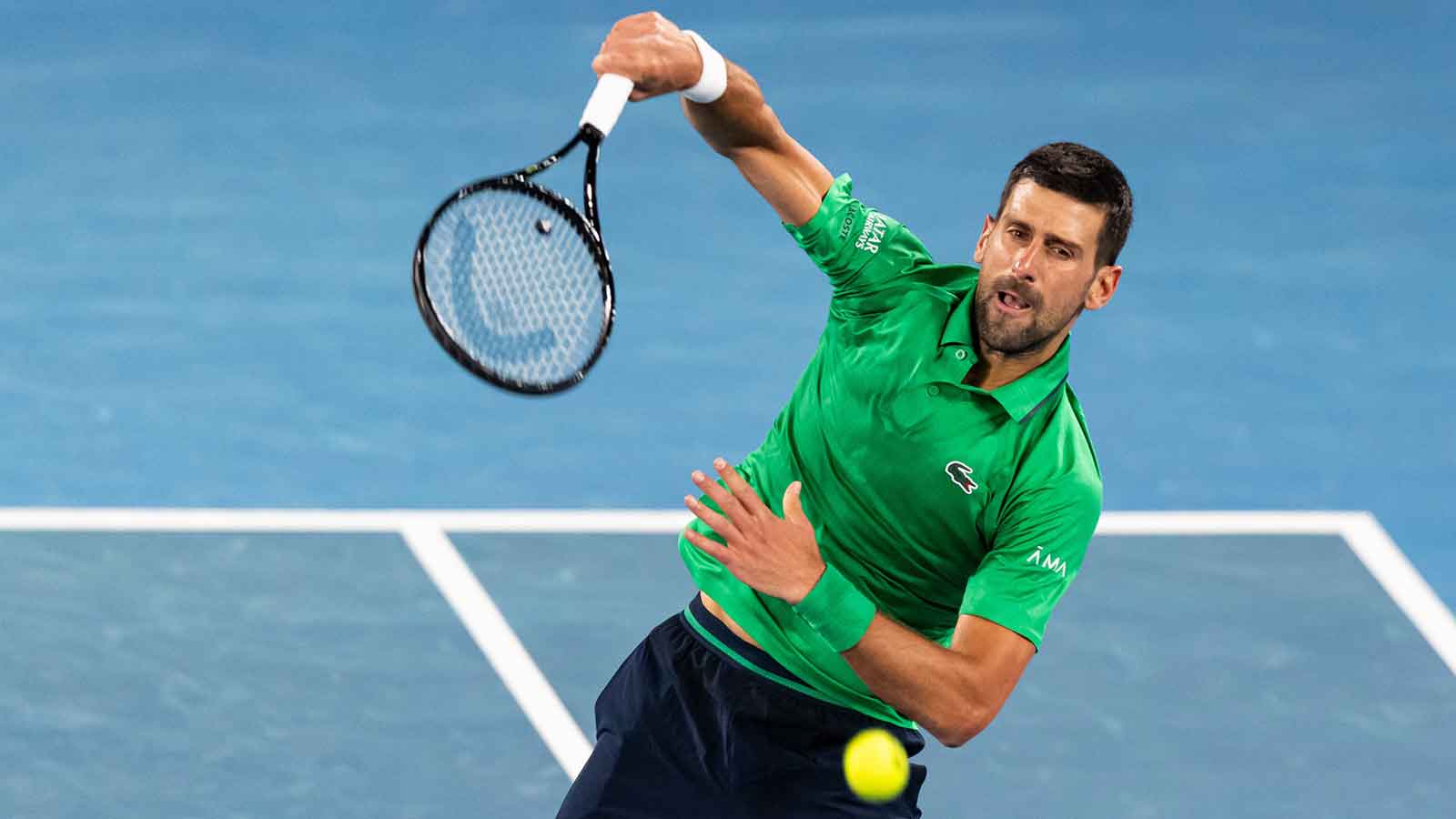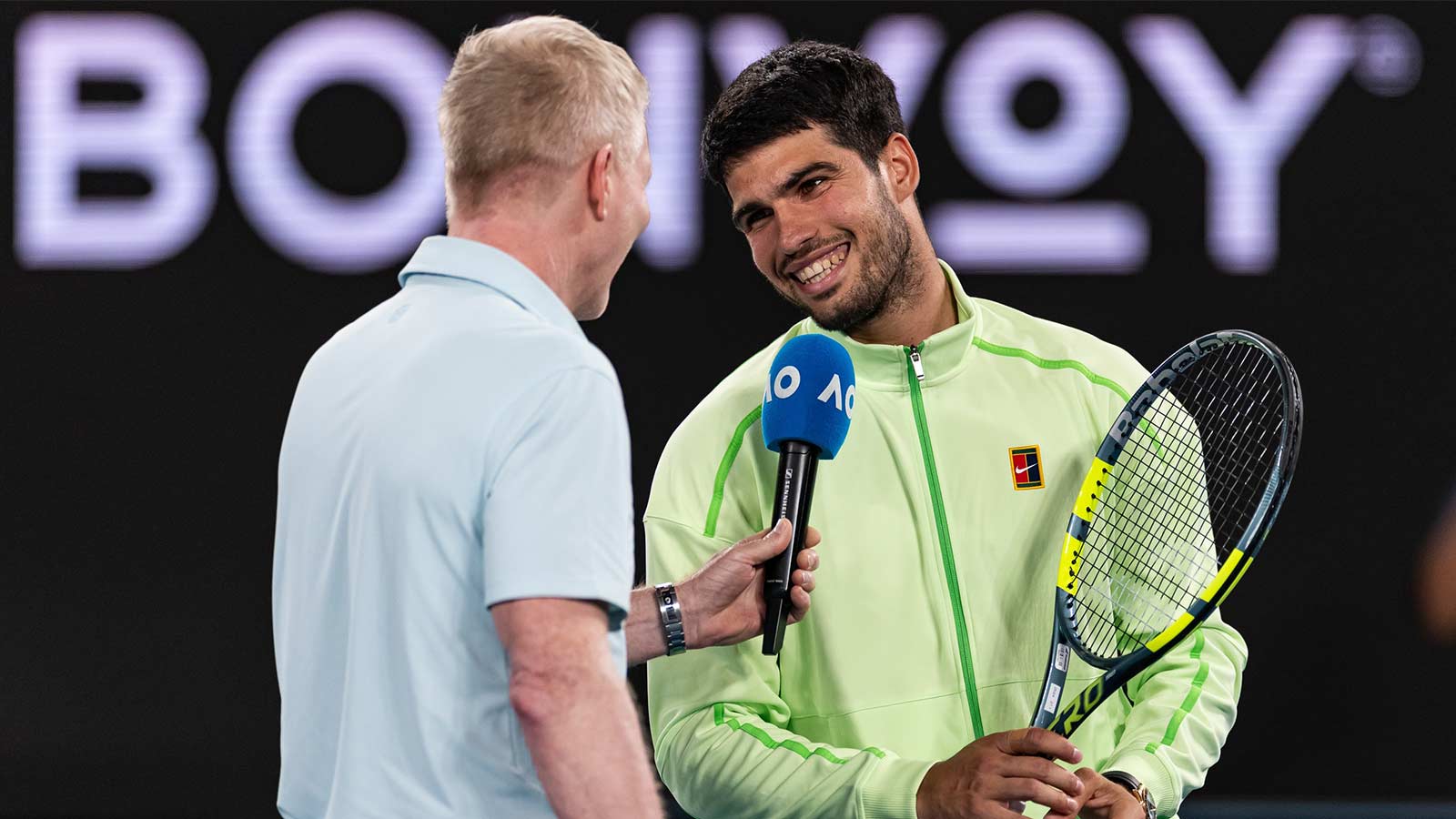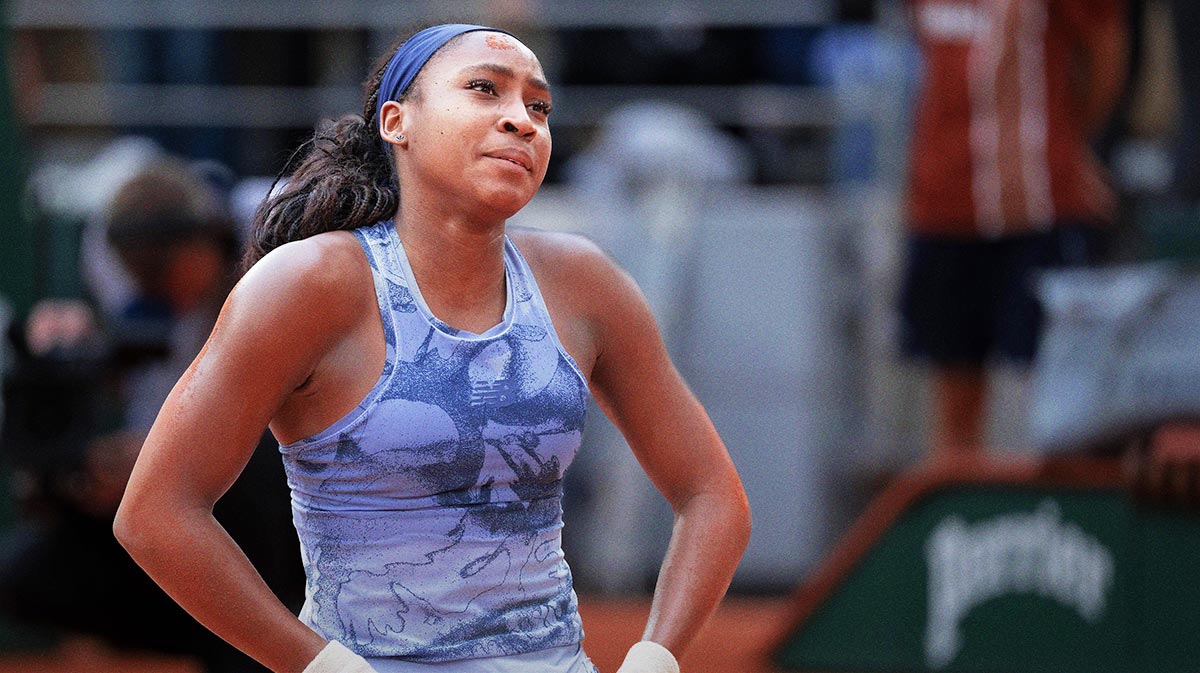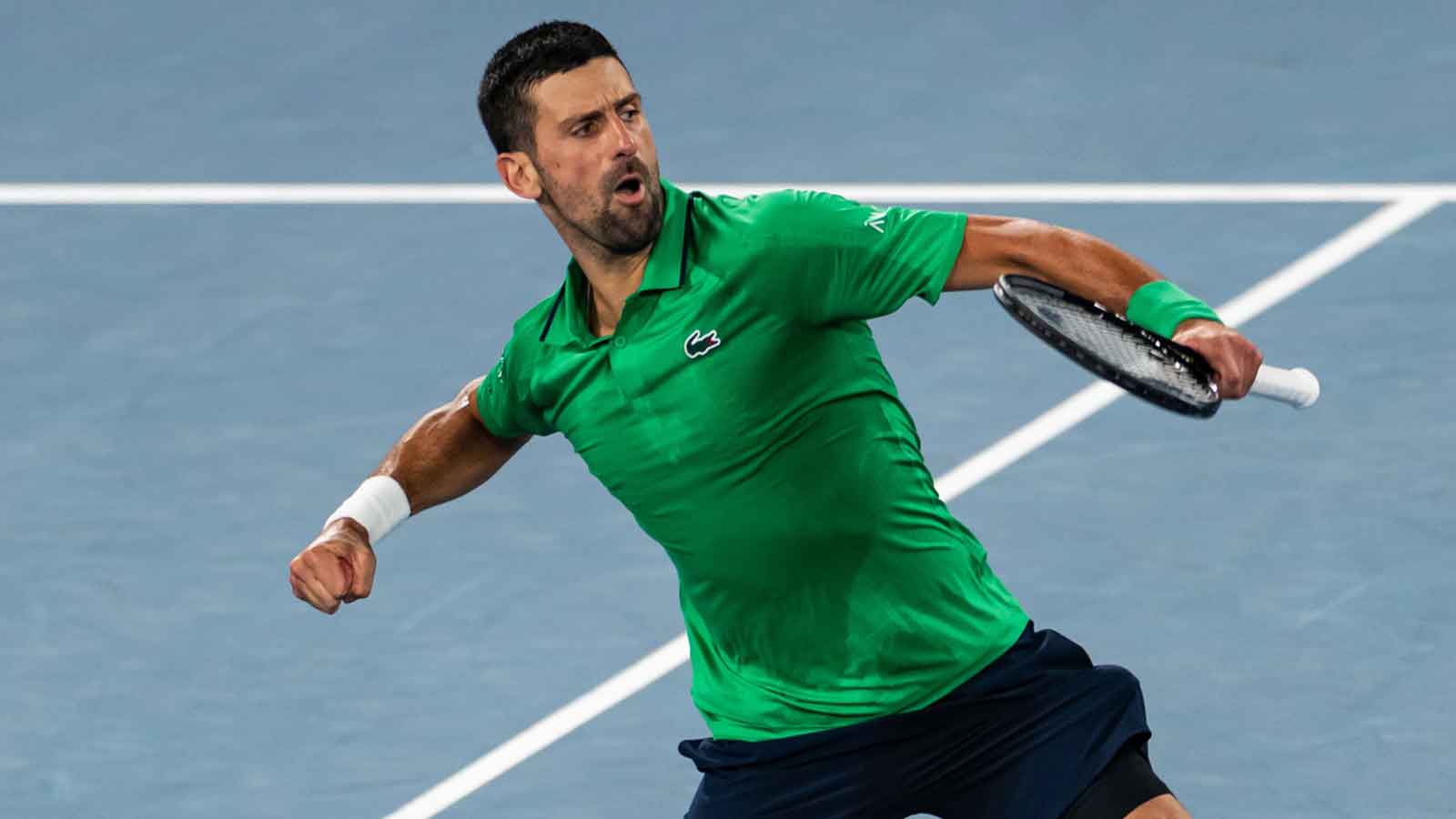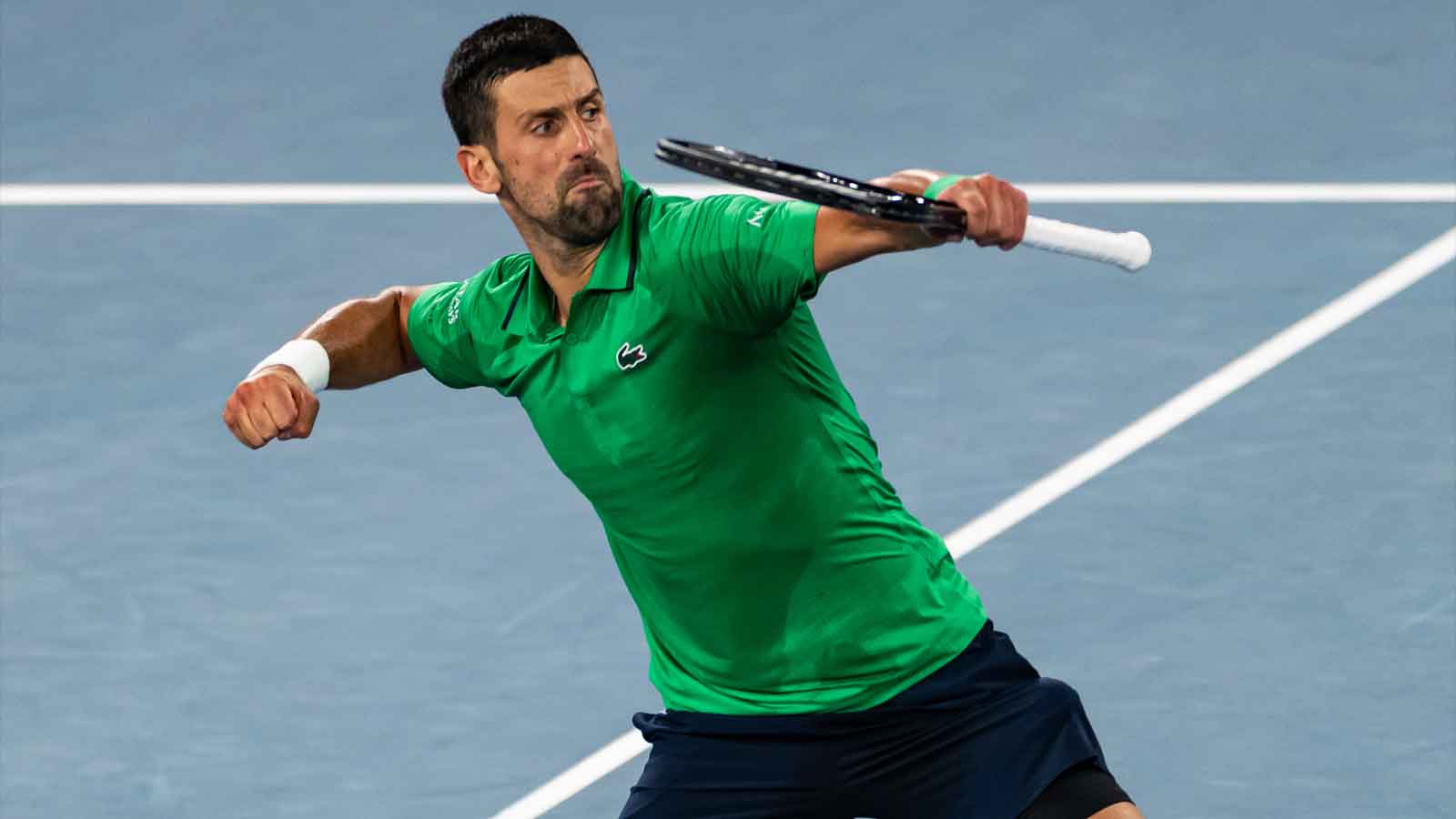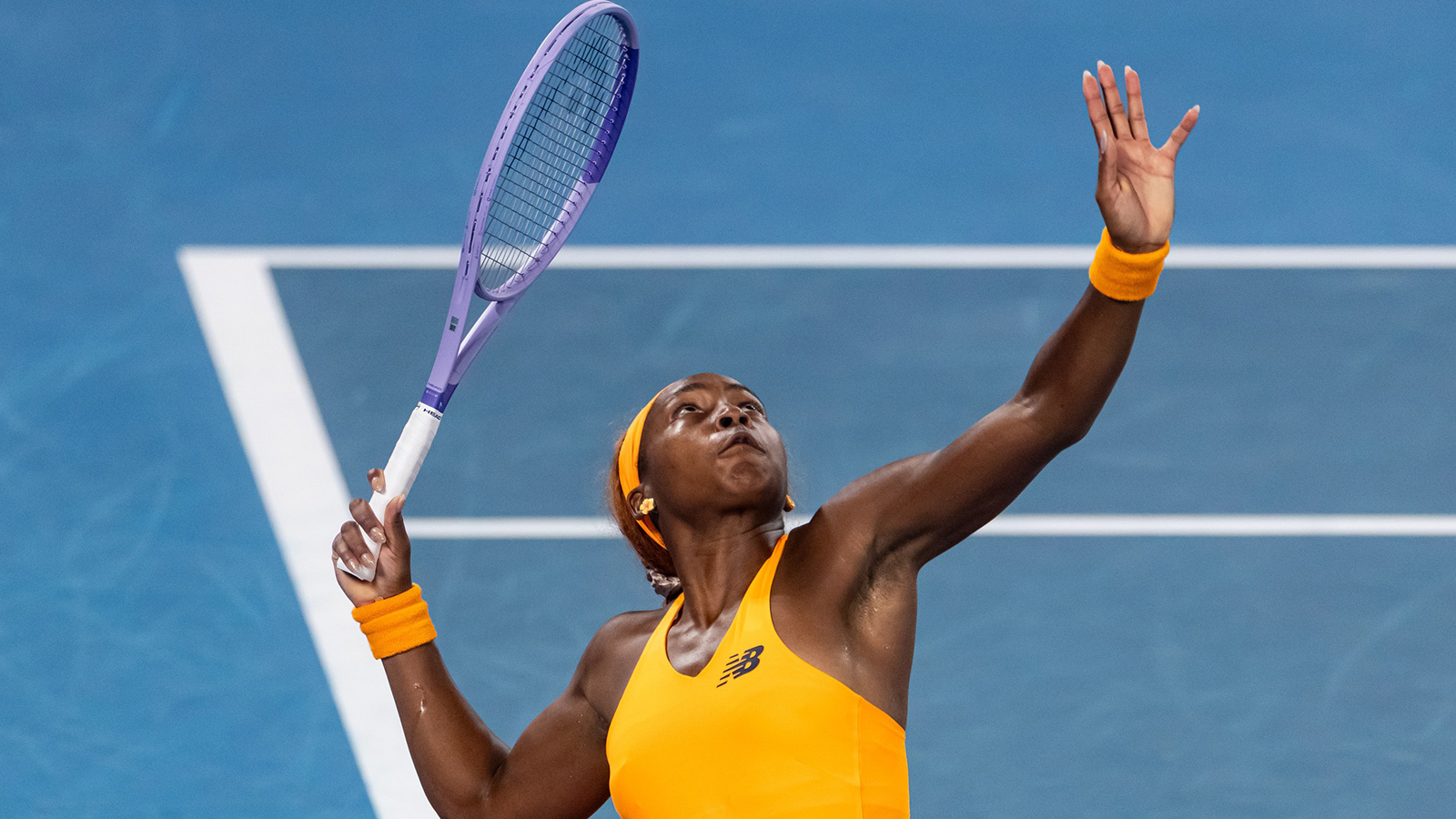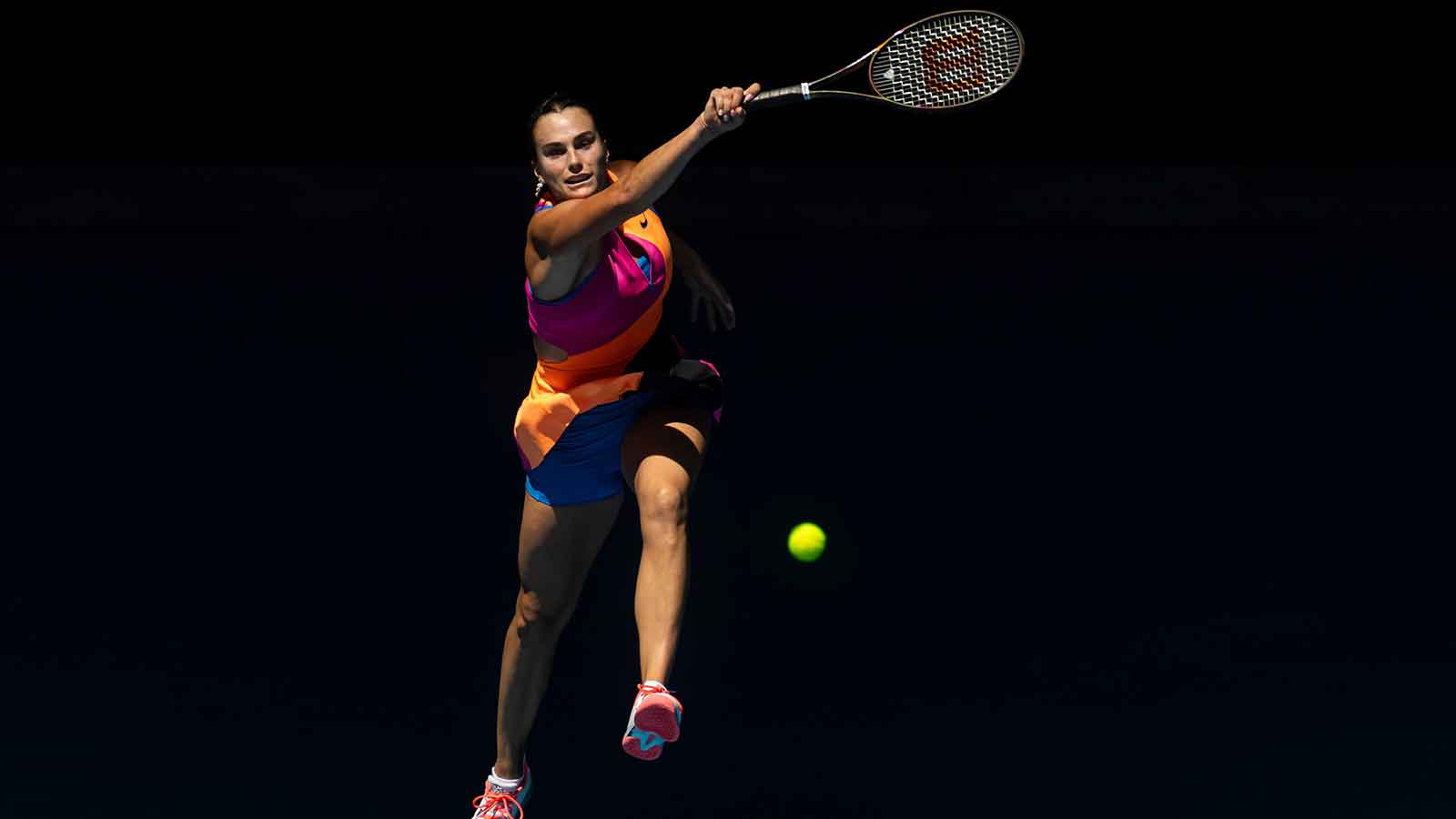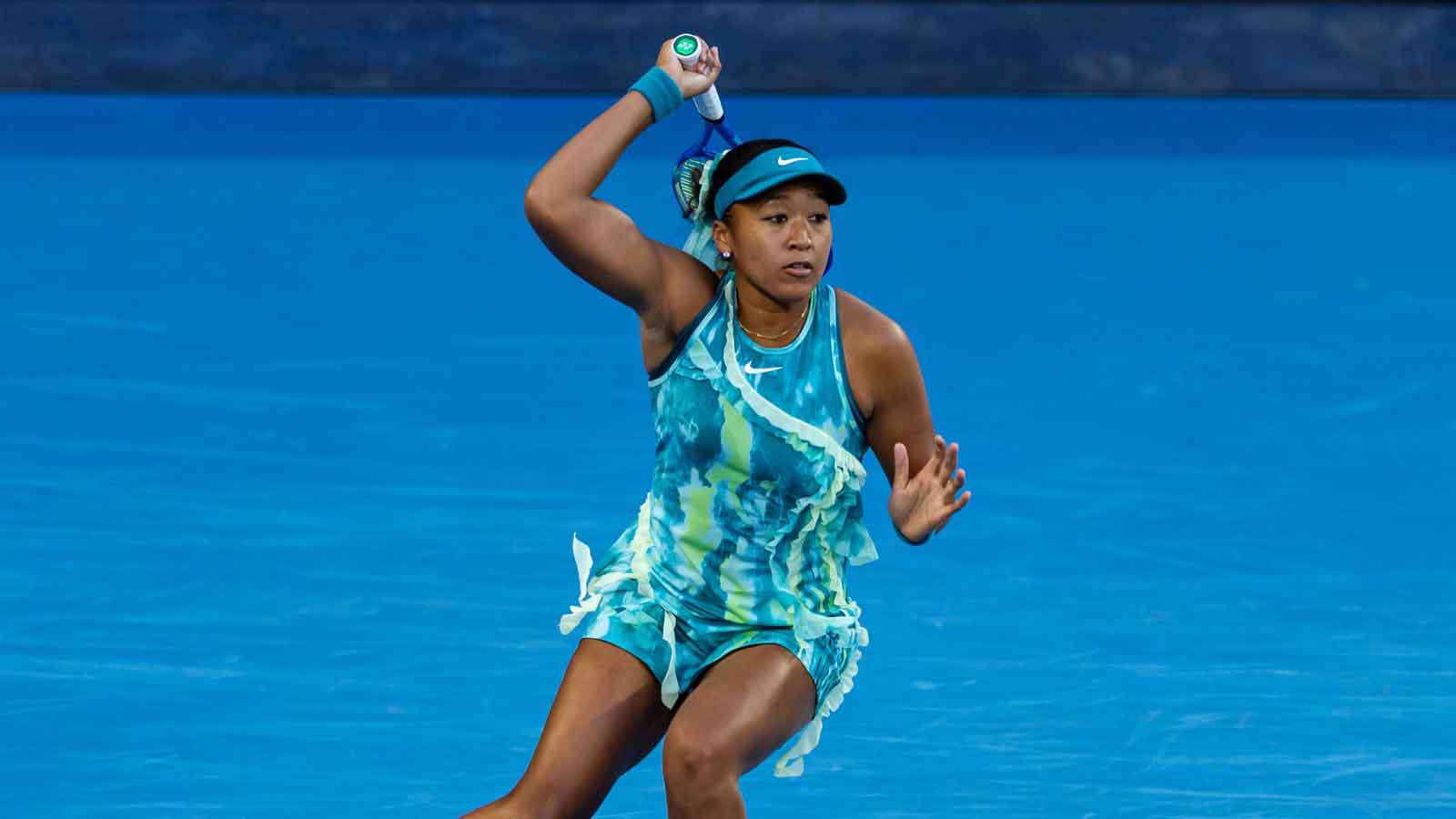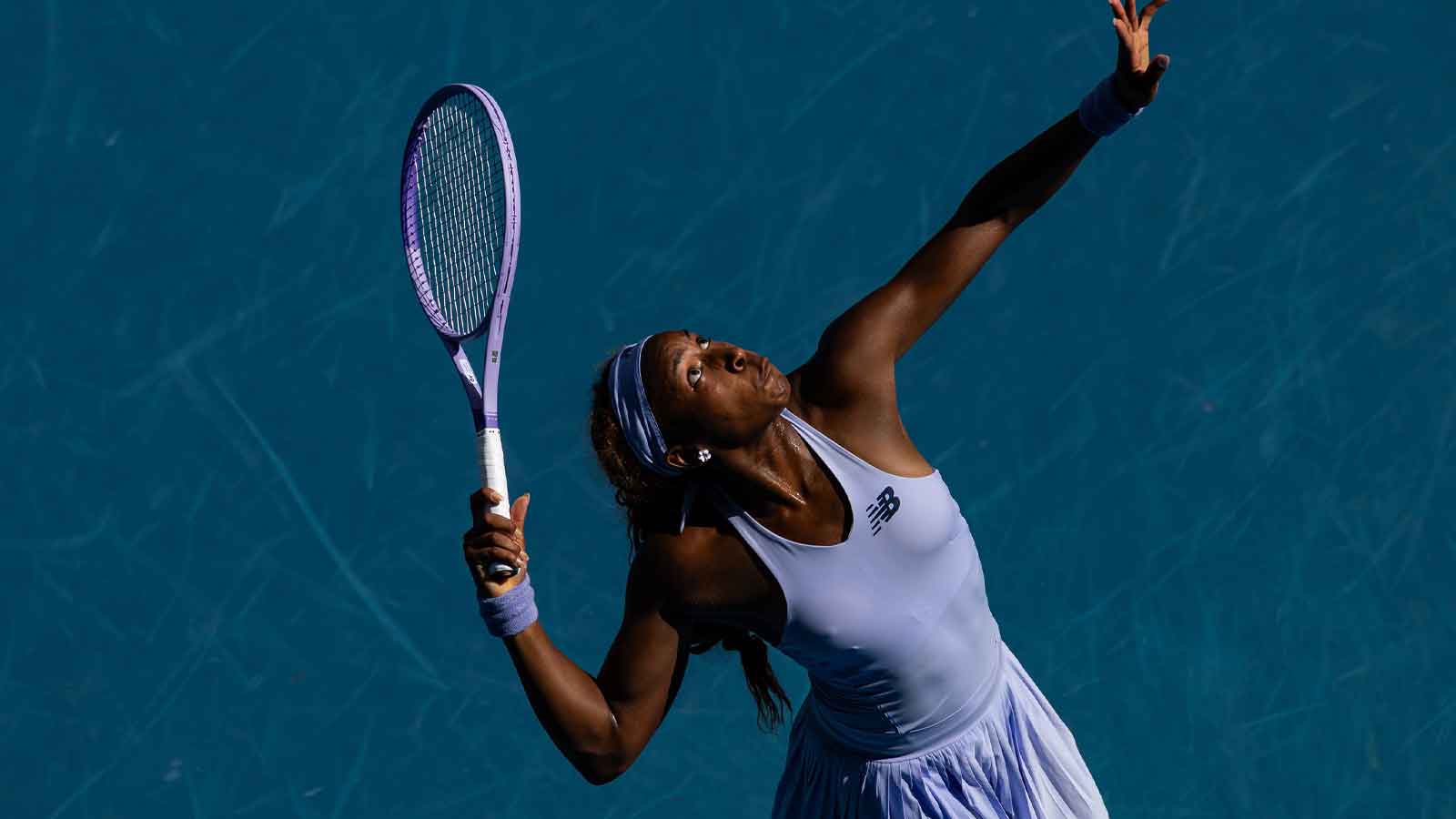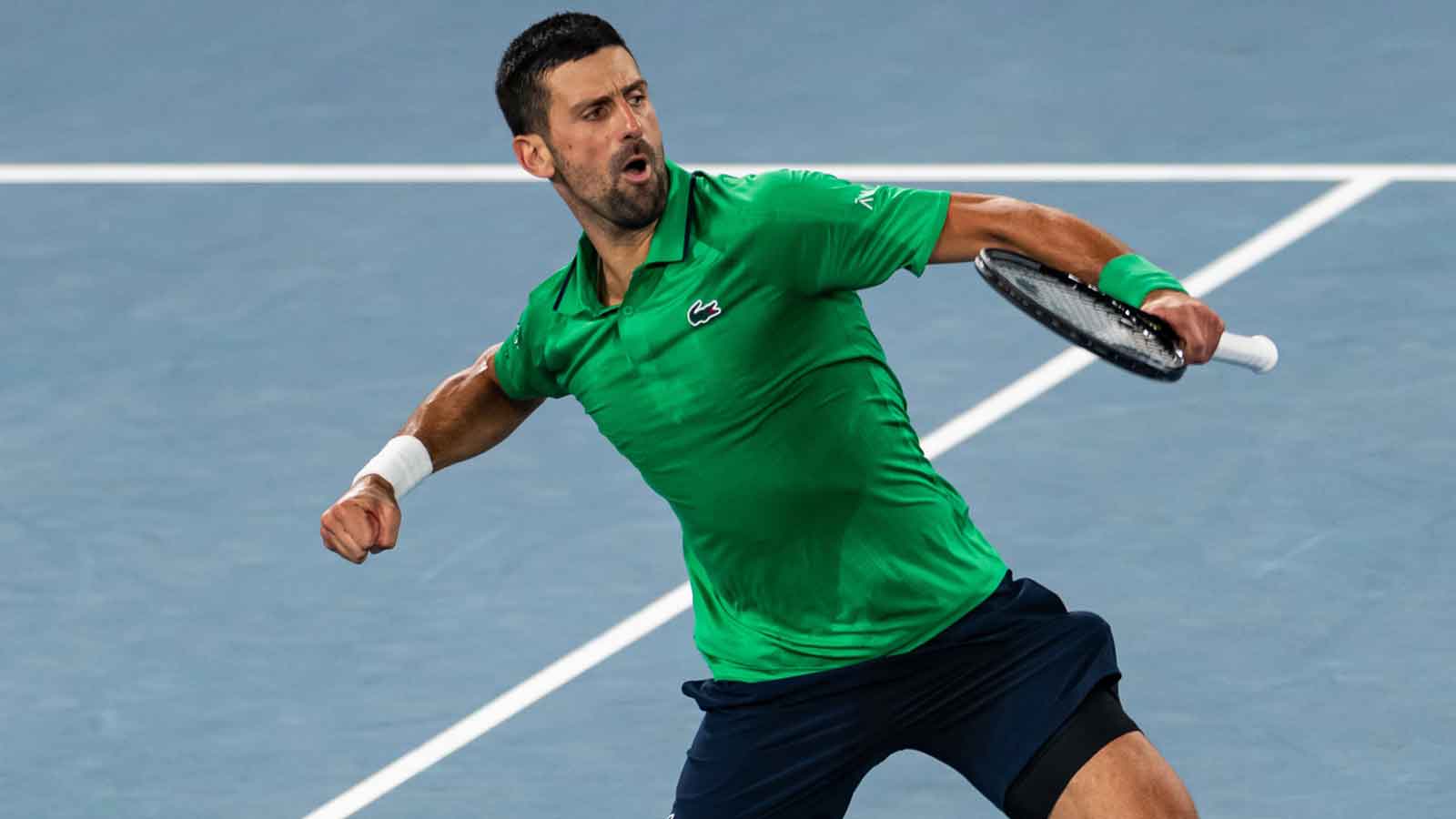Tunisian tennis star Ons Jabeur joined the chorus of players criticizing the scheduling at the French Open, stressing that the current arrangements do not do justice to the athletes. Jabeur’s comments came after her quarterfinal match against Coco Gauff, which started at 11 a.m. local time on Court Philippe-Chatrier, the premier court at Roland Garros.
Jabeur expressed her displeasure, noting that the early start times for women's singles matches lead to sparsely filled stadiums, which gradually fill up as the match progresses.
“Playing a quarterfinal at 11 a.m. is really such a chore. We deserve to be here [in the afternoon],” Jabeur said, per Tom Hamilton of ESPN. “Playing in the afternoon is better. There is going to be more people watching us and the stadiums are crowded.”
Every opening match on Philippe-Chatrier has been a women's singles match, while every night match, beginning at 8:15 p.m., has featured men’s singles. The night sessions are separately ticketed events, which often run late due to weather-induced schedule changes. The arrangement has resulted in matches extending past midnight, with Novak Djokovic's third-round match against Lorenzo Musetti ending at 3:07 a.m. Sunday, the latest finish in French Open history. Djokovic then had to play his fourth-round match against Francisco Cerundolo the next day at 4 p.m., despite dealing with a knee injury.
Gauff, who defeated Jabeur in their quarterfinal match, also voiced her concerns about the late-night scheduling, calling it unhealthy for players.
“I definitely think finishing at 3 a.m. is not healthy,” Gauff said. “It's not fair for those who have to play late because it does ruin your schedule. I've been lucky I haven't been put in a super-late finish yet.”
Gauff highlighted the extensive post-match routines players undergo, which extend the time they actually get to rest.
“People think you're done when the match ends, but really, 3 a.m., then you have media responsibilities, shower, eat, and treatments. So you're probably not going to bed until 5 o'clock at the earliest, maybe 6 o'clock, and even 7 o'clock,” she said.
Coco Gauff, Ons Jabeur claim late matches are recurring issues at tournaments
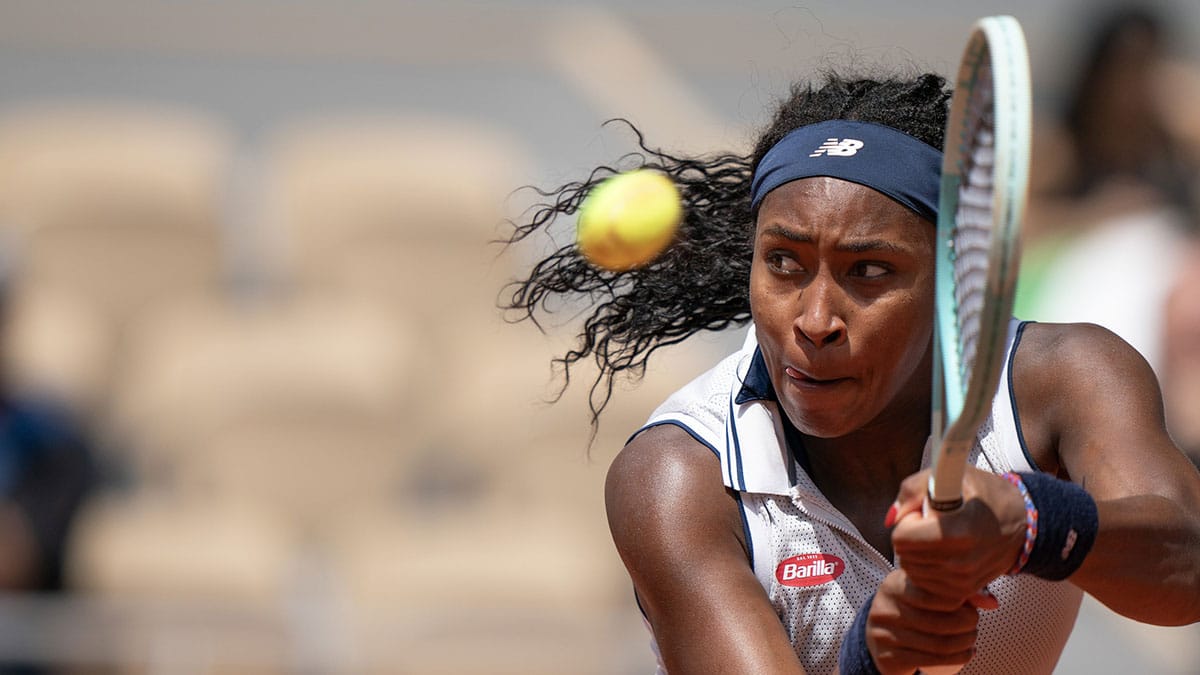
The late finishes have been a recurring issue at major tournaments, including the Australian Open and the U.S. Open. Gauff suggested implementing a cutoff time for night matches to prevent such late finishes.
“Maybe if a match is going long, possibly moving courts. Then I know it's tough because, especially here, it's only one night match, and people obviously paid for those tickets,” she said.
Defending French Open champion Iga Swiatek also weighed in on the scheduling debate, noting that while she is comfortable playing during the day, the practicalities of late-night matches should be reconsidered.
“I mean, for me, I'm feeling comfortable playing during the day,” Swiatek said. “It would be nice obviously to play and pick hours. … I think it's better to ask somebody who is responsible for scheduling, but I'm fine with playing during the day.”
Swiatek also questioned the impact of late finishes on fans, suggesting that such late-night matches might not be well-attended.
“I was always one of the players that said that we should start a little bit earlier. Also, I don't know if the fans are watching these matches if they have to go to work next day or something when the matches are finishing at 2 or 3 a.m.,” she said.
Jabeur added: “Who said it's healthy to play past 1 a.m., and who said the stadium was full for 1 a.m. or 2 a.m.? I don't know who is watching the matches at that time.
“Again, I would suggest to start earlier and then put nice matches on both sides. It's not healthy also for players to play past, I don't know, 11 or midnight.”
Jabeur, Gauff and Swiatek's criticisms reflect a broader concern among players about the balance between commercial interests and player welfare. Jabeur specifically questioned the broadcasting deal with Amazon Prime for the night sessions, indicating a need for greater transparency and fairness in scheduling.
“But I really hope, that I can see the contract negotiated with Prime. I really don't understand the ins and outs, even for men. Playing that late for men after midnight is not a good thing. We saw yesterday how Novak was suffering with his knee. And this, because he couldn't really recover well? I think for all players, men, women, we deserve better than that. We deserve a better scheduling.”

